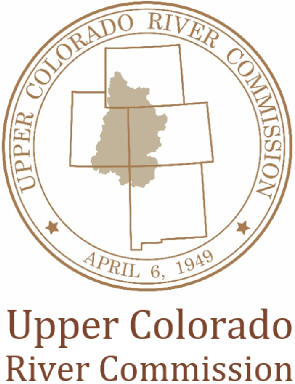- On December 15, 2022, at the Colorado River Water Users Association meeting in Las Vegas, the Basin States (Arizona, California, Colorado, Nevada, New Mexico, Utah, and Wyoming) announced their intention to work collaboratively over a 45-day period to submit a consensus-based approach to Reclamation for it to model/evaluate in its Supplemental Environmental Impact Statement seeking to protect critical infrastructure and resources in Lake Powell and Lake Mead from impacts of the on-going drought and depleted storage by February 1st, 2023
- The Basin States worked intensively over the 45-day period to analyze and evaluate an array of technical, operational, policy and legal means to protect critical elevations in Lake Powell and Lake Mead to ensure the system can continue to serve more than 40 million people, including 30 Tribes, and vital resources such as irrigated agriculture, environmental values and energy production across the 7 Basin States and northwest Mexico.
- Through the course of the 45-day effort, representatives of the Basin States acknowledged the shared risks and shared burden to protect and restore the Colorado River system. They noted the need to manage water uses within the available supply, the risks to all water users, use sectors and resources stemming from depleted storage and ongoing drought, the need to address the issue of unaccounted-for evaporation and losses in the Lower Basin, the potential limitations imposed on the Upper Basin due to annual variations in hydrology, and the necessity for additional actions.
- The result is a Consensus Based Modeling Approach (CBMA) submitted by Arizona, Colorado, Nevada, New Mexico, Utah and Wyoming on 01/30 for Reclamation’s consideration.
Read more about the CBMA for SEIS here.
Read the Colorado River States media release here.
__________________________________________
California’s SEIS Submittal, sent to Department of the Interior on 1/31/2023.

